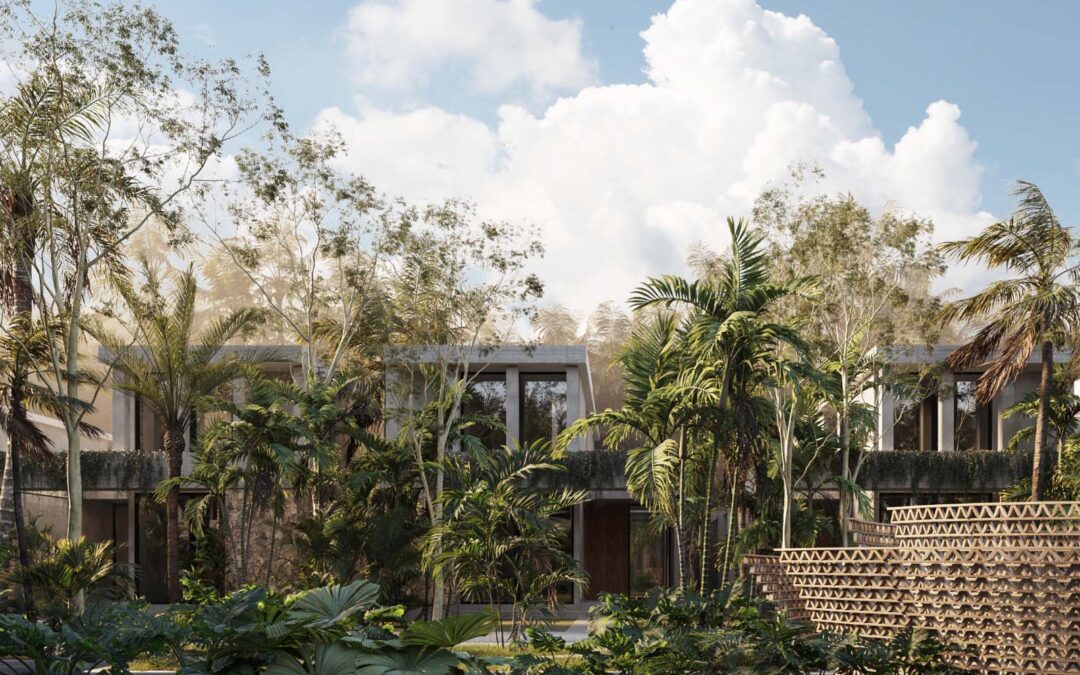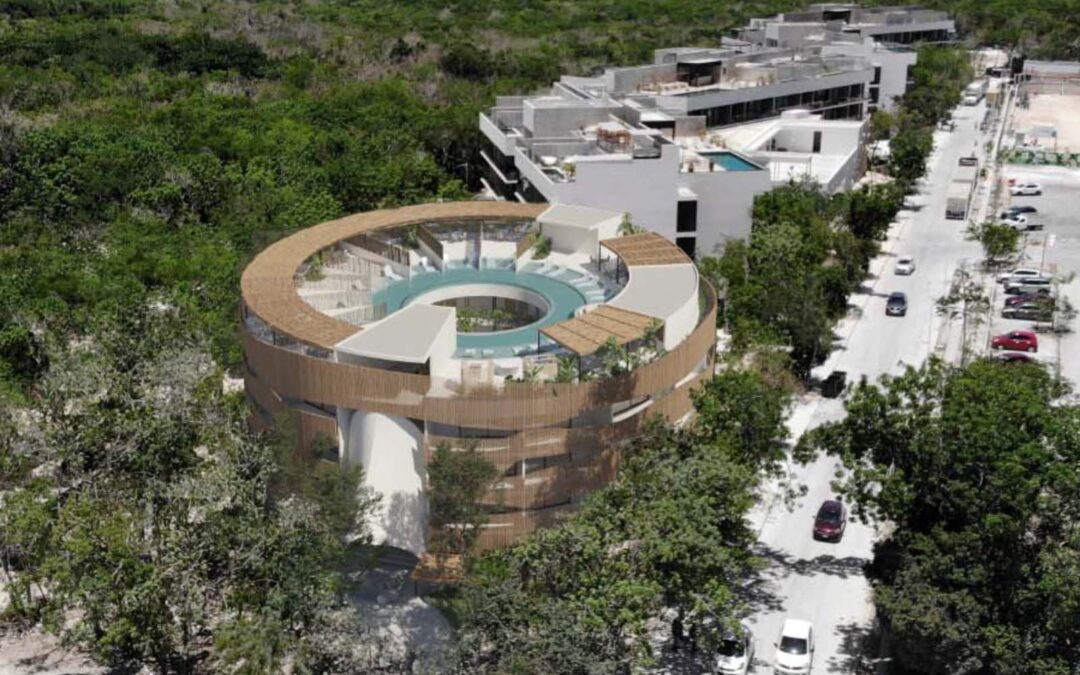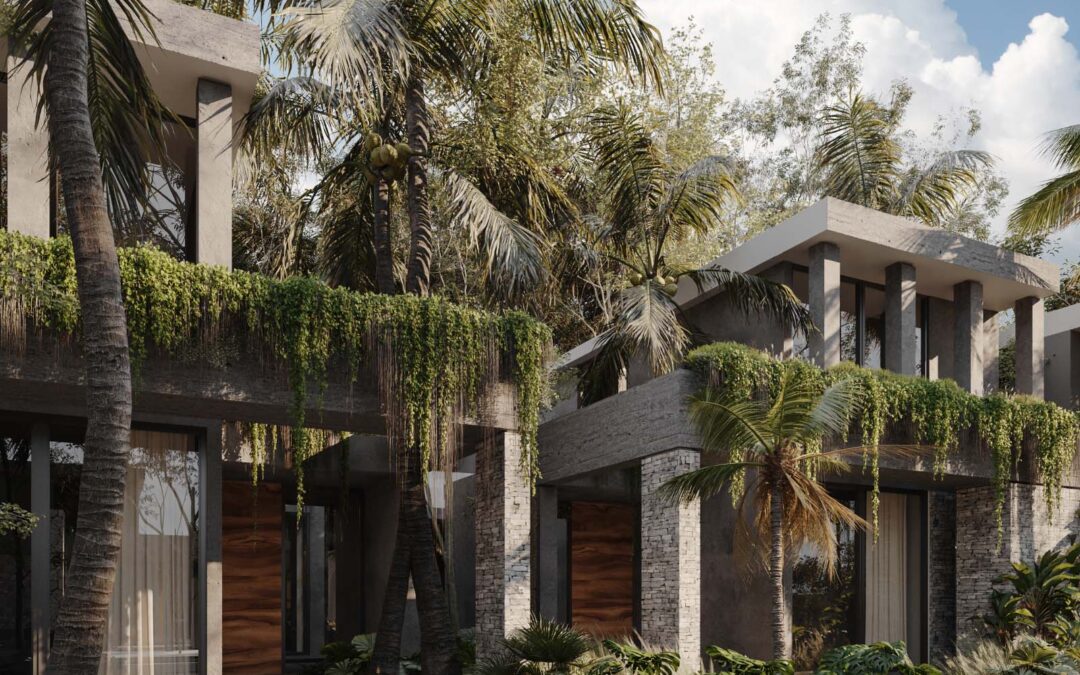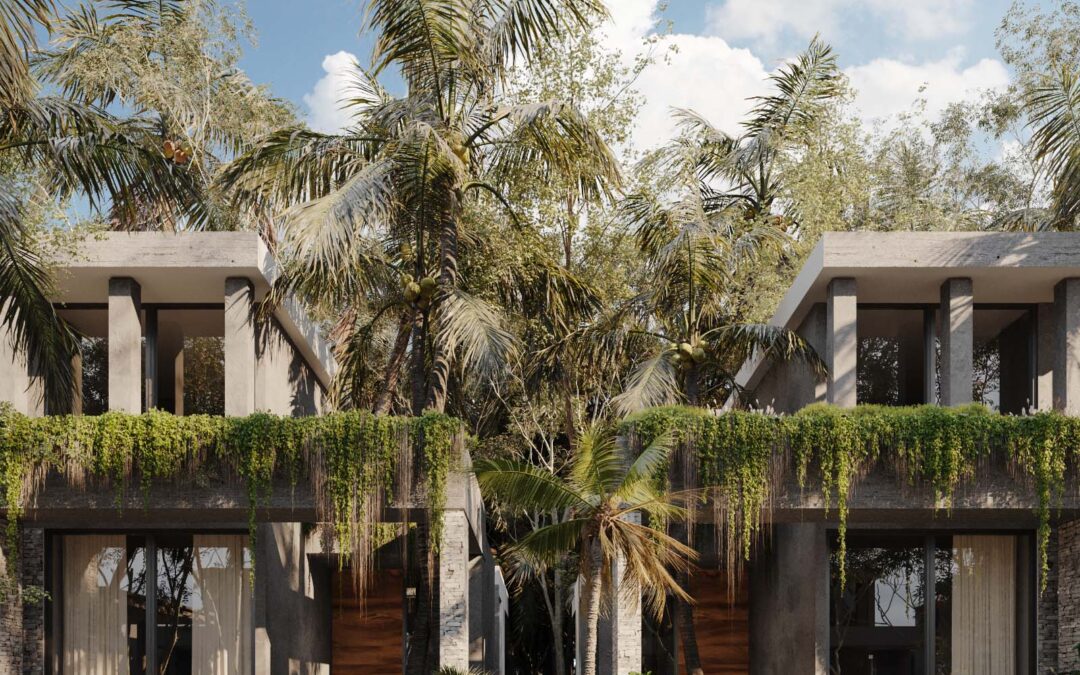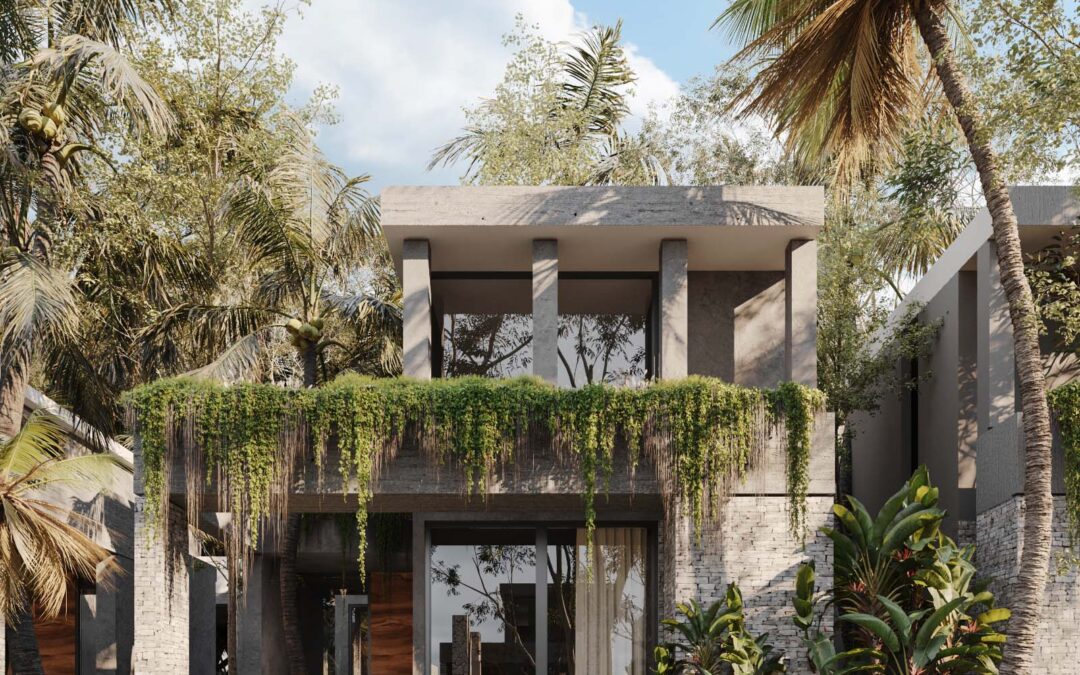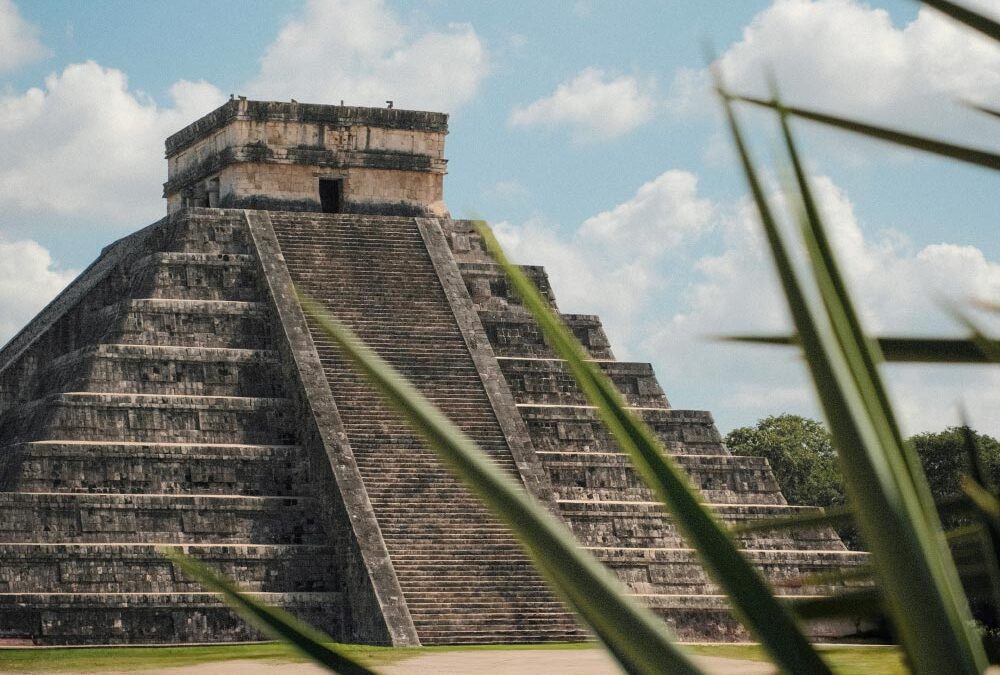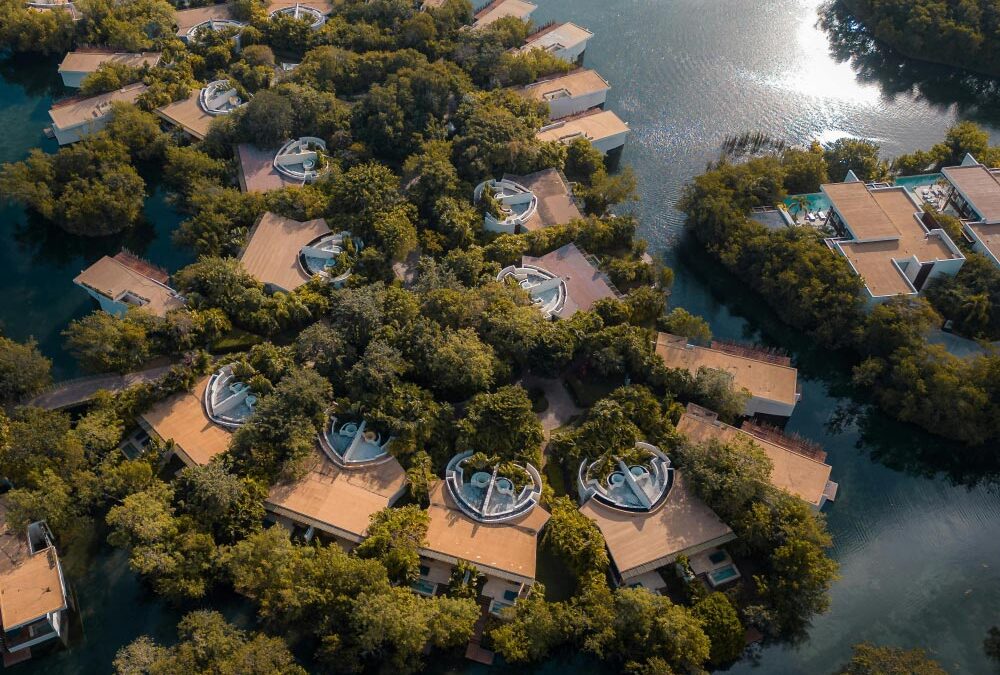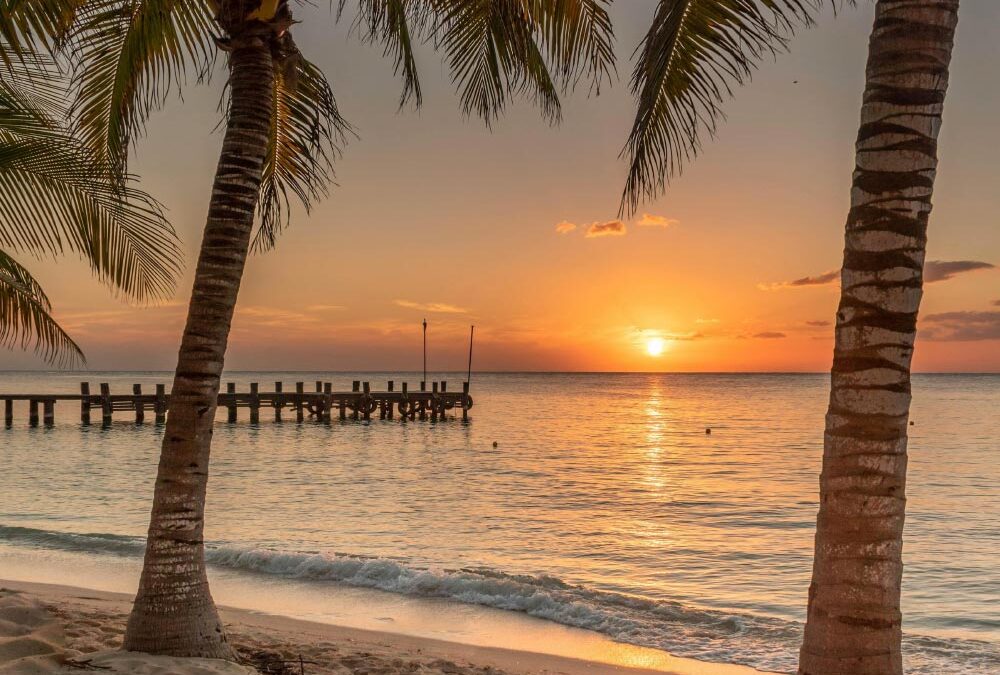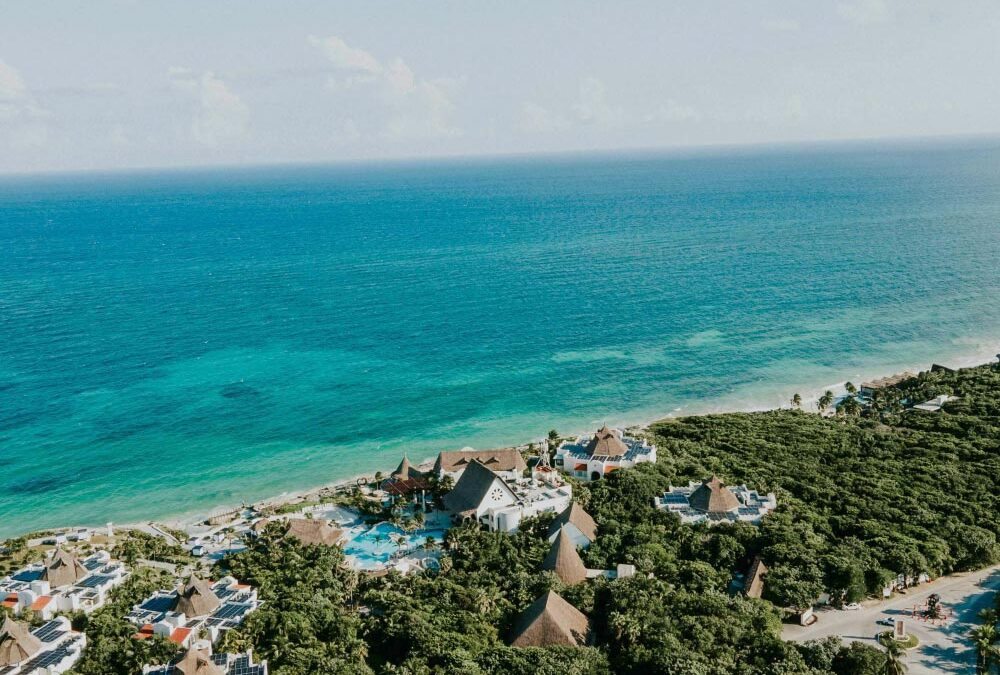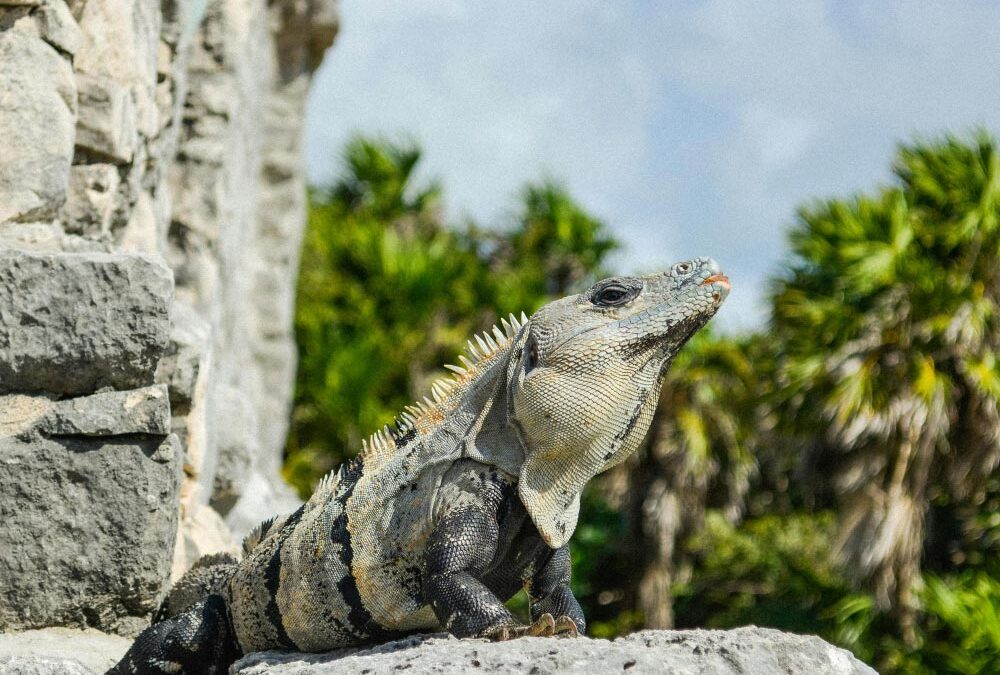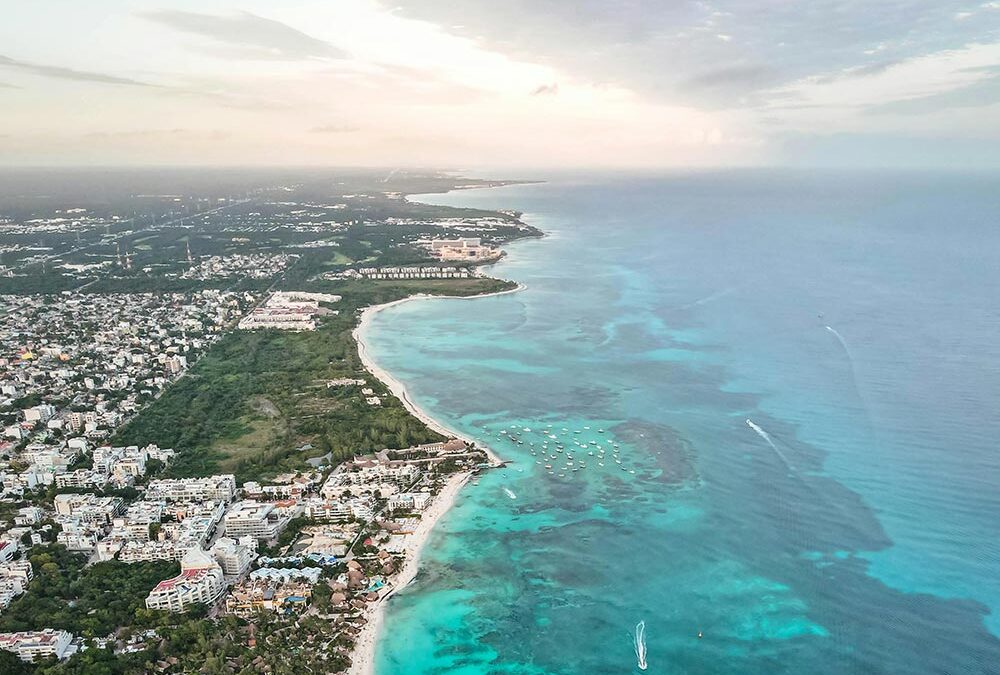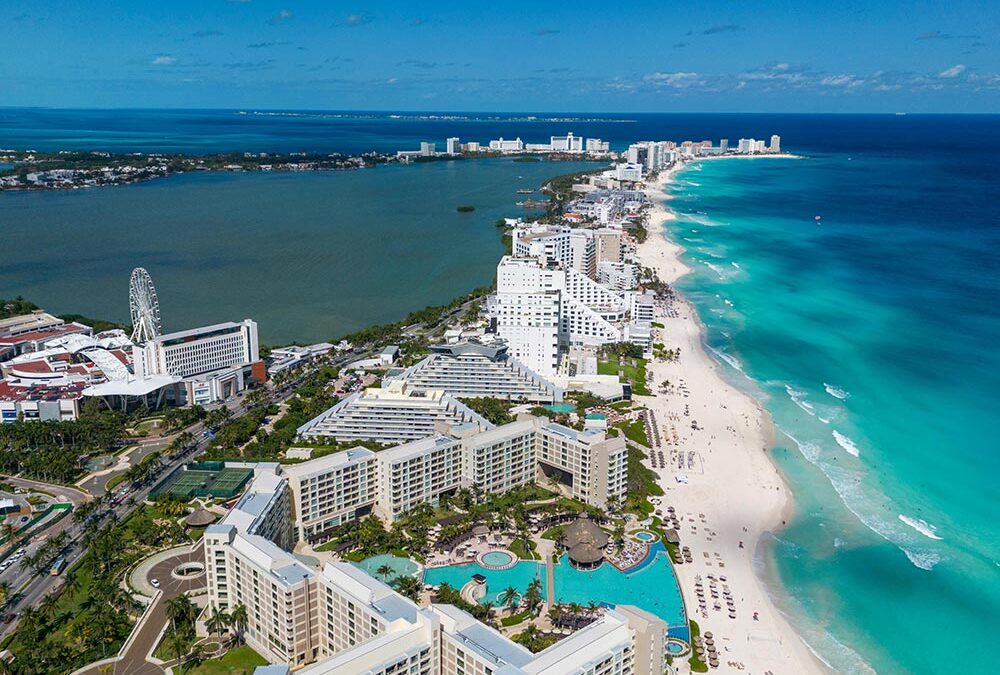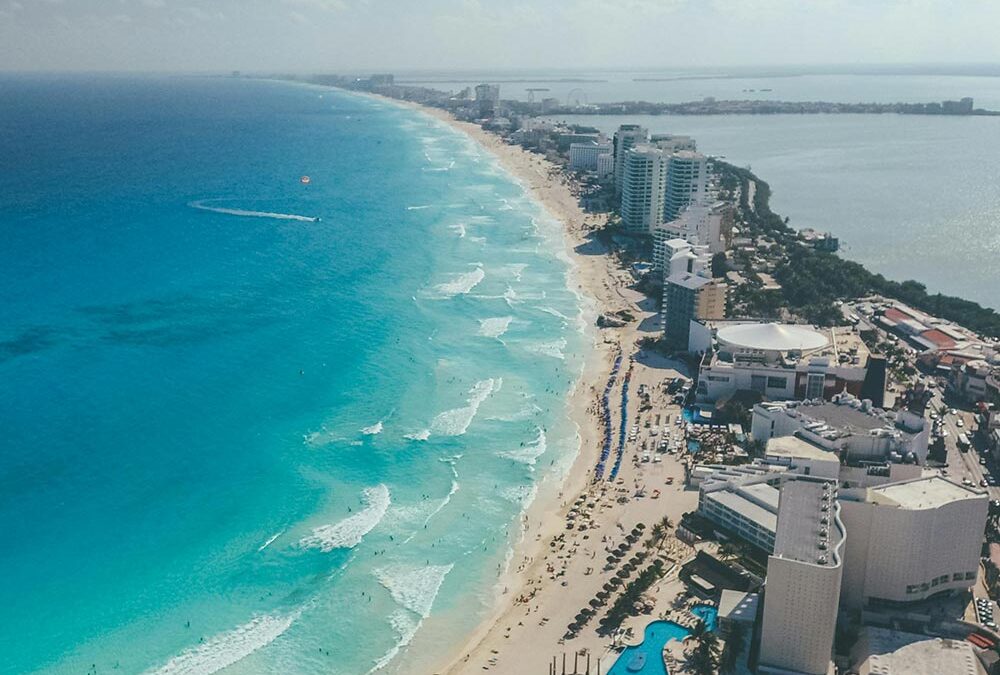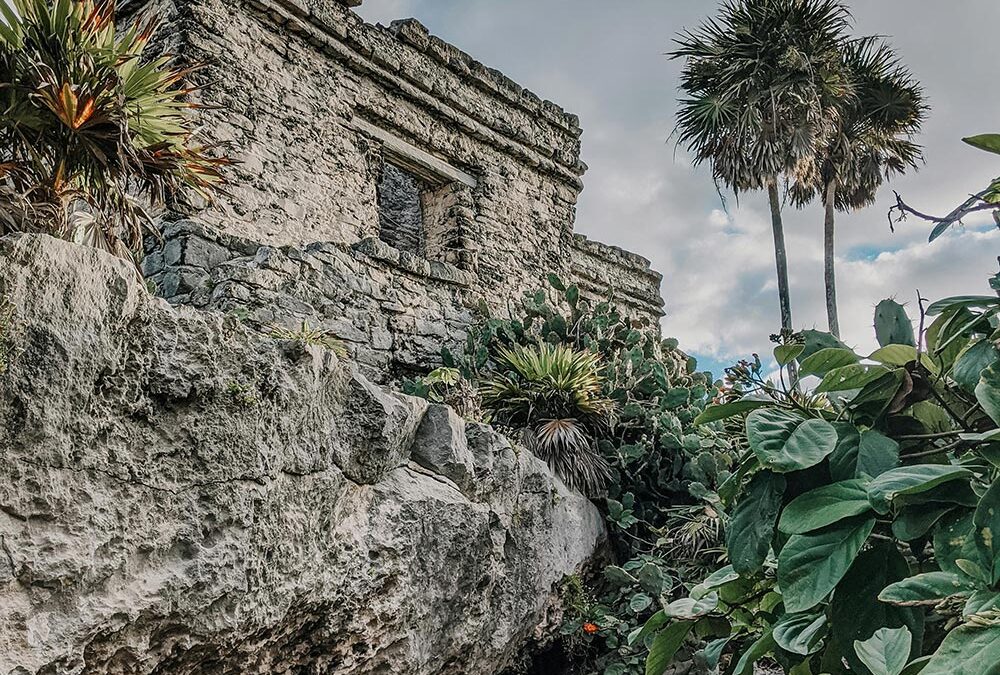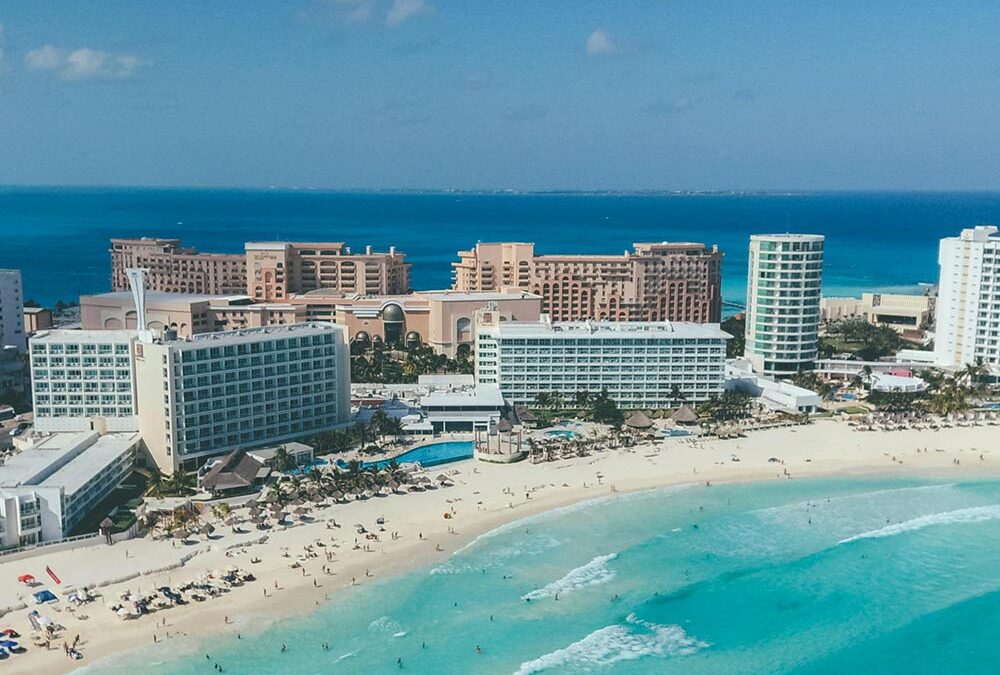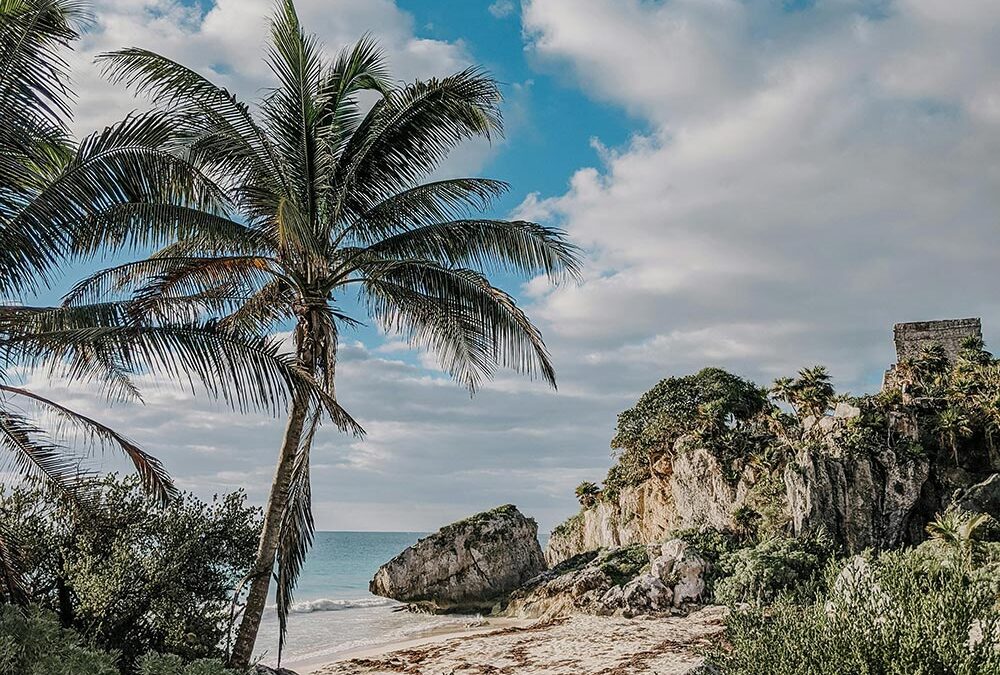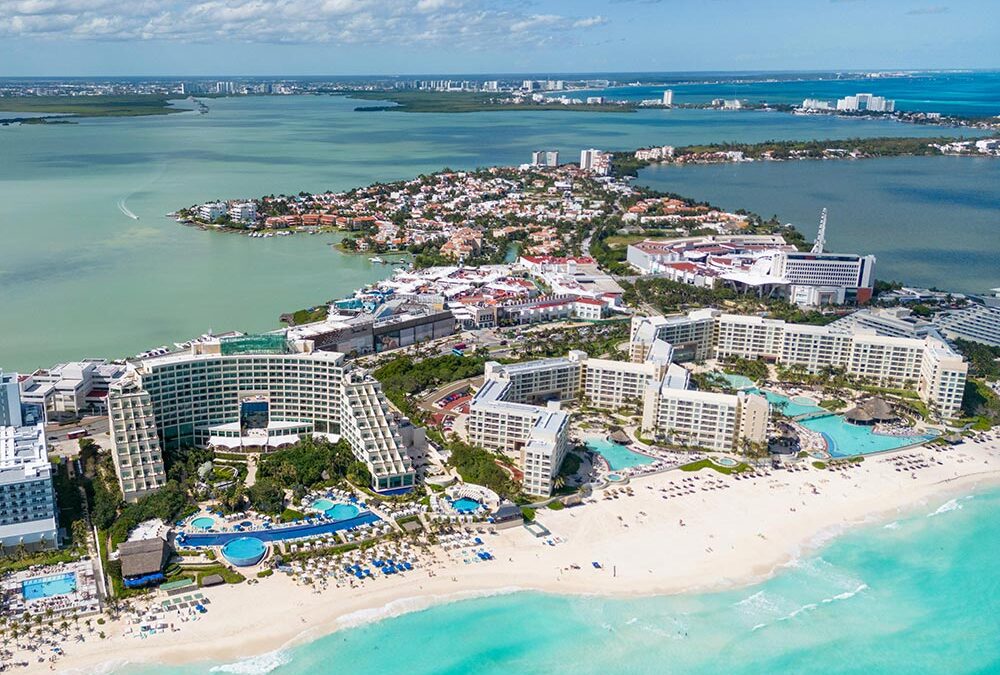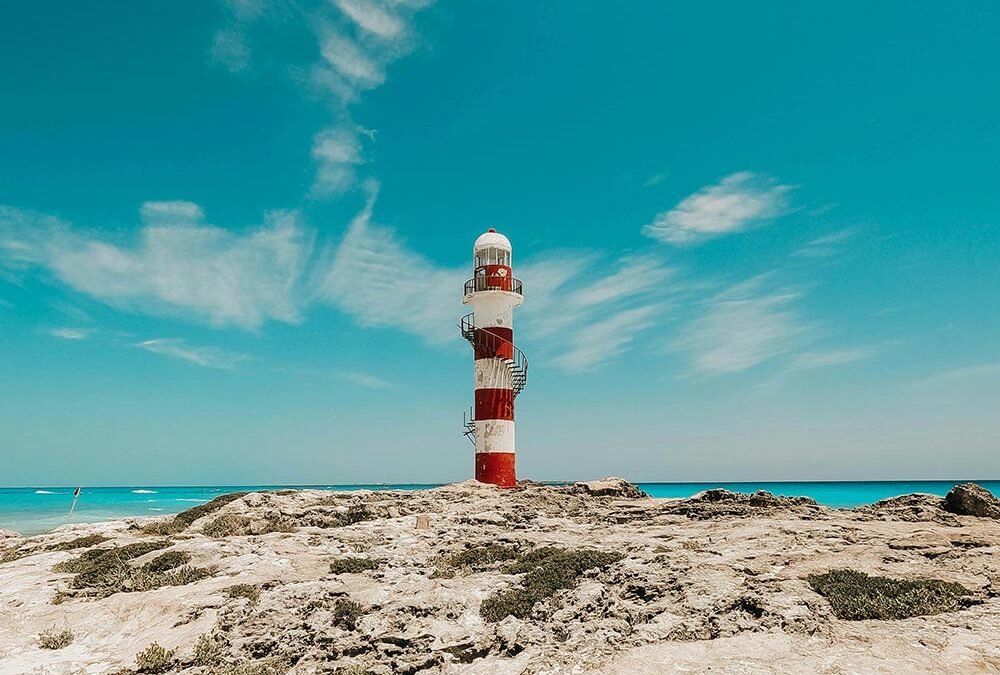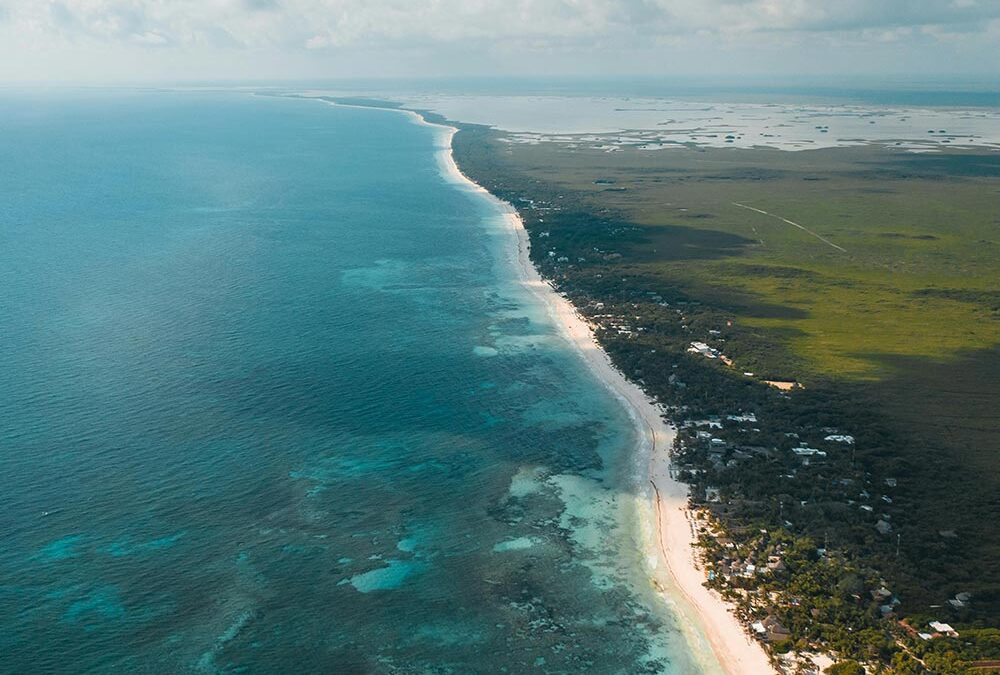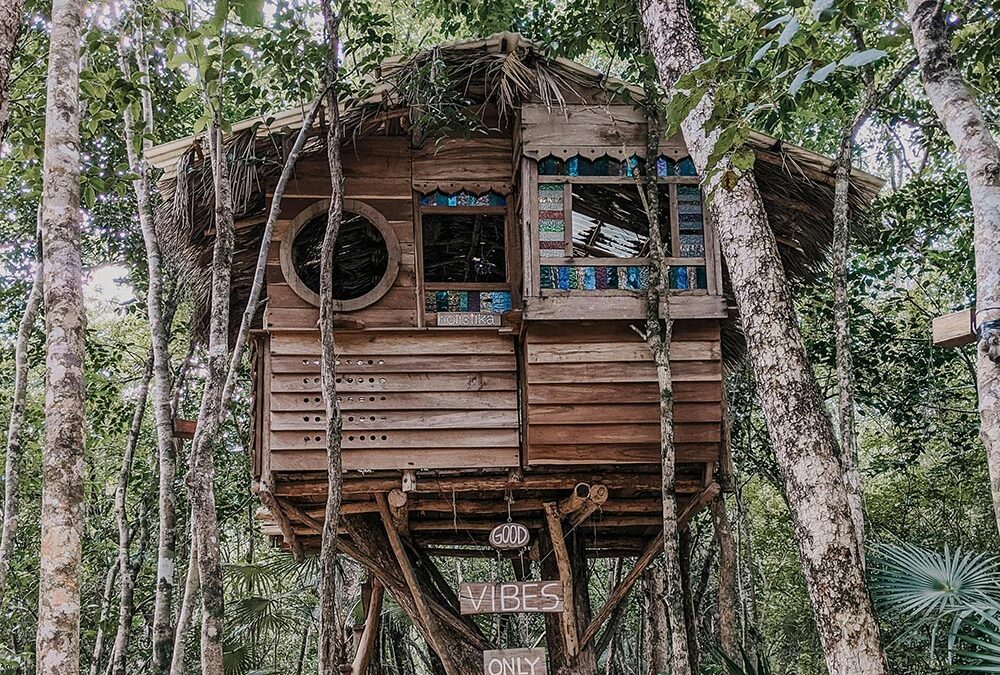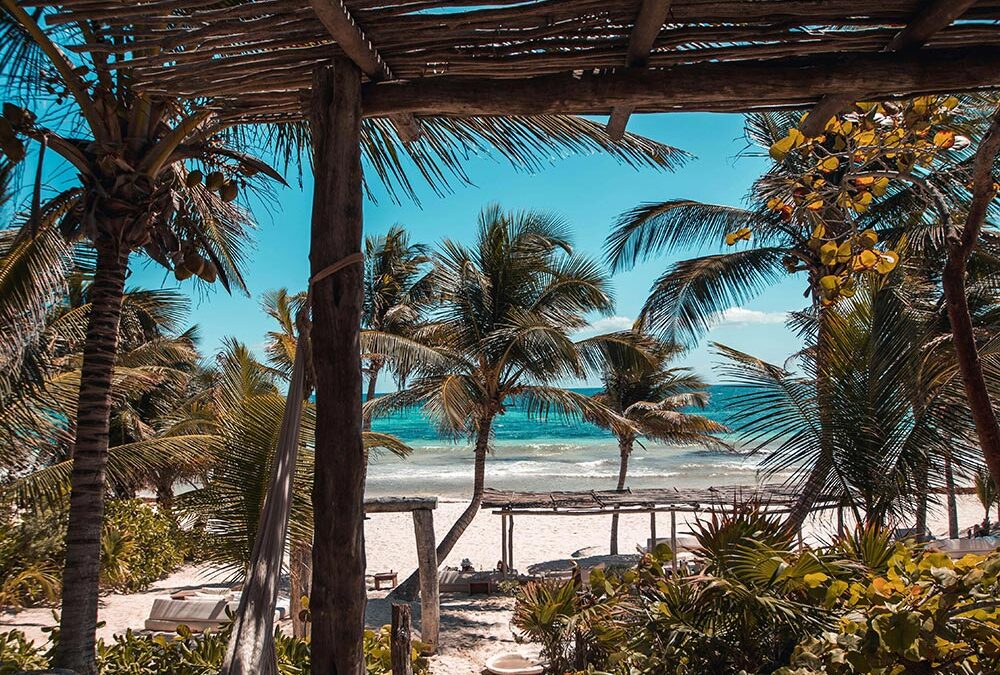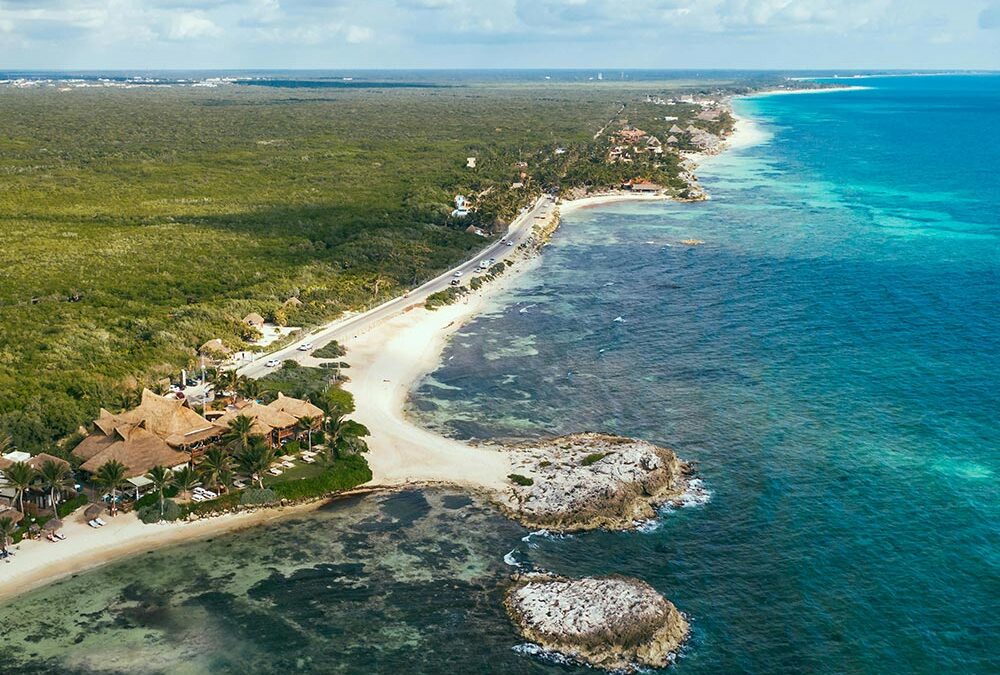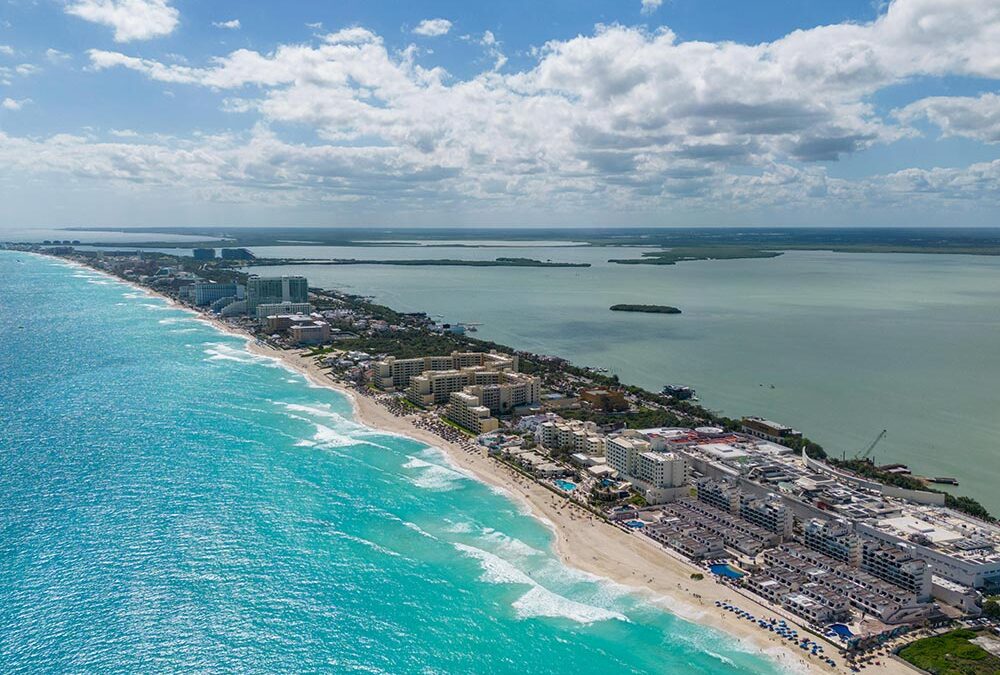The Riviera Maya stretches along the Caribbean coast, encompassing destinations like Cancun, Playa del Carmen, and Tulum. Renowned for its year-round warm weather, breathtaking beaches, and proximity to cultural sites like ancient Mayan ruins, it has become a hotspot for expatriates, retirees, and holidaymakers alike. These factors make the area not just a dream destination but also an exceptional location for real estate investment.
One of the region’s key advantages is its diversity of real estate options. Investors can choose from luxury oceanfront villas, eco-friendly condos in Tulum, or affordable townhouses in suburban Playa del Carmen. The infrastructure continues to improve, with new highways, shopping centers, and healthcare facilities catering to both residents and tourists. Additionally, Cancun International Airport serves as a major gateway, offering seamless connectivity to the U.S., Canada, and Europe, further boosting the region’s accessibility and attractiveness to foreign buyers.
Legal Framework for Foreign Investors
Ownership Through the Fideicomiso Trust
Mexico’s Constitution restricts direct foreign ownership of land within the “restricted zone” (50 kilometers from the coast and 100 kilometers from international borders). However, to accommodate international investors, Mexico developed the **fideicomiso** system, a bank-held trust allowing foreigners to acquire land securely. Through this mechanism, buyers enjoy full ownership rights while adhering to constitutional laws.
When purchasing property, the trust is established for a renewable 50-year term. The property title is held by the bank, but the buyer maintains all operational rights, including the ability to sell, lease, or inherit the property. This arrangement has proven reliable and provides peace of mind to international investors who might be unfamiliar with Mexico’s legal systems.
Streamlined Legal Processes
Foreigners investing in Mexico benefit from a straightforward property acquisition process. Buyers typically work with a notary public, a licensed real estate agent, and, in many cases, an attorney. These professionals assist in verifying property titles, ensuring legal compliance, and managing required documentation. Foreign buyers are not required to hold Mexican residency to invest, making it easier for non-residents to purchase vacation or investment properties.
Additionally, recent advancements in Mexico’s legal and financial systems have reduced bureaucratic hurdles. Transparency initiatives ensure buyers can access reliable property records and zoning details, reducing the risk of disputes or fraud. Furthermore, many developers now offer pre-construction properties with clearly defined legal terms, giving investors early access to high-growth opportunities.
Financial Incentives for Foreign Buyers
Affordability Compared to Global Markets
The affordability of real estate in the Riviera Maya is one of its most compelling draws. For example, beachfront condos in Tulum or Playa del Carmen are available for as little as $150,000, a fraction of what similar properties would cost in regions like Miami or the Caribbean. Even luxury villas, priced between $500,000 and $1 million, are considered a bargain by global standards.
This affordability allows investors to diversify their portfolios without overextending their budgets. Many buyers are using Riviera Maya properties as alternatives to expensive vacation homes in the U.S., Europe, or other established markets, maximizing their lifestyle benefits while reducing upfront costs.
High Return on Investment (ROI)
The region’s robust tourism industry ensures that properties deliver high rental yields. Short-term vacation rentals, especially those marketed on platforms like Airbnb, can yield annual returns ranging from 8% to 15%, depending on the property type and location. Long-term appreciation is another advantage: property values in Riviera Maya’s prime locations have grown by an average of 8%-10% annually over the past decade, making it a lucrative option for long-term investors.
Tax Advantages
Mexico’s property taxes are among the lowest globally, averaging 0.1% to 0.2% of the assessed value annually. This is significantly lower than property taxes in the U.S., Canada, or Europe. Additionally, under certain circumstances, foreign sellers may qualify for partial or full exemptions from Mexico’s capital gains tax, provided they have held the property for a designated period or meet residency requirements.
Economic Trends and Market Stability
Resilience During Global Crises
Despite economic challenges posed by the COVID-19 pandemic, the Riviera Maya demonstrated remarkable resilience. Tourism recovered quickly, with international arrivals to Cancun surpassing pre-pandemic levels by late 2022. This rebound underscored the region’s strong fundamentals, including its global appeal and dependence on a broad base of international travelers.
Investors have also been buoyed by Mexico’s stable currency performance and ongoing infrastructure development in the Riviera Maya. For example, the Tren Maya project, a large-scale rail initiative, promises to connect key tourist destinations throughout the Yucatán Peninsula, further enhancing property values and investment potential.
Tourism and Rental Market Potential
Demand for Short-Term Rentals
The Riviera Maya’s status as a world-class tourist destination creates a high demand for vacation rentals. Popular tourist seasons, including winter holidays and spring break, drive occupancy rates near 90% in many areas. Short-term rental platforms enable property owners to maximize their income by charging premium rates during peak travel periods.
Eco-Tourism Trends
Eco-conscious travelers increasingly seek sustainable accommodations, making Tulum’s eco-friendly developments particularly attractive. These properties, designed with renewable energy systems and natural materials, command higher nightly rates and align with global trends toward environmental responsibility.
Case Study: A Canadian Investor’s Success Story
Background: Sarah, a Canadian entrepreneur, purchased a two-bedroom condo in Playa del Carmen in 2018 for $200,000. She aimed to leverage the property as both a vacation home and an income-generating asset.
Approach: Sarah partnered with a local property manager to handle bookings and maintenance. She also invested in high-quality furnishings to attract high-end travelers. Leveraging platforms like Airbnb, she positioned the property as a luxury rental close to downtown Playa del Carmen and the beach.
Results: Over three years, Sarah achieved an annual rental yield of 12% and watched her property value appreciate by 25%. These returns allowed her to refinance and purchase a second property in Tulum, further diversifying her portfolio in the Riviera Maya.
Conclusion
From affordable prices to exceptional returns on investment, the Riviera Maya offers unparalleled advantages to foreign real estate buyers. Its combination of natural beauty, legal accessibility, and financial benefits make it a standout choice for investors looking for both lifestyle and profit. Whether you’re seeking a serene vacation home or a high-yield rental property, the Riviera Maya provides a wealth of opportunities to grow your wealth while enjoying a slice of paradise.
FAQs
Is it safe for foreigners to buy property in Riviera Maya?
Yes, Mexico’s fideicomiso trust ensures secure ownership for foreign buyers. With professional assistance from notaries and real estate agents, the process is transparent and reliable.
What is the typical ROI for properties in Riviera Maya?
Rental yields range from 8% to 15% annually, depending on the location and property type. Appreciation rates average 8%-10% per year in prime areas.
Are there restrictions on foreign ownership in Mexico?
Direct ownership is restricted in the coastal zone, but foreigners can acquire property through a bank trust (fideicomiso) that provides the same ownership rights.
How does Riviera Maya compare to other tropical destinations?
The Riviera Maya offers more affordable properties, strong rental demand, and a stable economic environment compared to alternatives like Hawaii or the Caribbean.
What are the tax implications for foreign property owners?
Mexico’s property taxes are low, and capital gains exemptions may apply under specific conditions. Consulting a tax advisor is recommended to optimize your financial benefits.




